As individuals approach the end of their lives, an alarming clarity often emerges regarding their past choices and the weight of their regrets. Insights obtained from palliative care reveal that many express profound sorrow over unfulfilled aspirations and a misplaced emphasis on material wealth, highlighting instead the irreplaceable value of genuine relationships. This divergence between societal expectations and personal fulfillment raises critical questions about what it truly means to live a life free of regret. What lessons can we derive from these poignant reflections as we navigate our own paths?
Key Takeaways
- At life's end, many regret not prioritizing relationships over material success, highlighting the importance of emotional connections.
- Common regrets include unfulfilled aspirations and the failure to live authentically, emphasizing the need for personal ambition.
- Emotional expression is vital for mental health; unexpressed feelings often lead to deep remorse and desire for connection.
- Reflecting on life encourages individuals to evaluate their values, focusing on joy and meaningful experiences rather than mundane pursuits.
- A legacy rooted in love and support is deemed more rewarding than wealth accumulation, underscoring the significance of nurturing relationships.
Insights From Palliative Care
As patients approached the end of their lives, their reflections often revealed profound insights into the human experience, underscoring the significance of priorities and values.
Working in palliative care, Bronnie Ware engaged with terminally ill patients, uncovering a range of emotions, including denial, fear, and remorse.
These conversations illuminated how individuals assessed their lives, often prioritizing connections over material success.
The insights gathered emphasized the importance of nurturing relationships and being true to oneself.
Patients expressed desires for deeper emotional expression and meaningful connections, highlighting that the essence of a fulfilling life lies not in accomplishments but in love and understanding.
Such reflections serve as compelling reminders, encouraging us to evaluate our own values and prioritize what truly matters.
Common Regrets Faced
Regret often serves as a poignant reminder of unfulfilled aspirations and missed opportunities, especially as individuals confront the end of their lives. One prevalent regret is the failure to live authentically, where many wish they had pursued personal ambitions rather than conforming to external expectations.
Additionally, excessive focus on work often overshadows precious family moments, leading to deep remorse. Another common regret involves suppressed emotions; many realize too late that expressing feelings is essential for emotional well-being.
The loss of friendships also weighs heavily, as connections diminish over time. Finally, individuals frequently acknowledge that happiness is a choice they neglected, highlighting the importance of prioritizing joy over mundane pursuits.
Recognizing these regrets can inspire more intentional living today.
Prioritizing Relationships Over Materialism
The reflections of those nearing the end of life consistently highlight the significance of meaningful relationships, often overshadowed by the pursuit of material success.
Individuals frequently express regret over not nurturing connections with loved ones, emphasizing that these bonds contribute far more to happiness than any financial achievement.
The longing for deeper friendships and family ties reveals that emotional fulfillment outweighs the transient joy of accumulating wealth.
As people reflect on their lives, they recognize that time spent on relationships enhances well-being and health, particularly in later years.
In prioritizing connections over materialism, individuals can cultivate a legacy rooted in love and support, ultimately discovering that the richest rewards come from the people we cherish rather than the possessions we acquire.
Frequently Asked Questions
How Can I Start Pursuing My Dreams Now?
To start pursuing your aspirations, identify specific goals, create a realistic action plan, allocate time for development, seek support from mentors or peers, and remain adaptable to challenges, ensuring continuous motivation and commitment to your ambitions.
What Steps Can I Take to Improve My Work-Life Balance?
Striking a balance between work and life is essential. Prioritize tasks, set boundaries, schedule personal time, and practice mindfulness. Remember, all work and no play can lead to burnout; nurturing personal connections enhances overall well-being.
How Do I Express My Feelings More Openly?
To express your feelings more openly, practice active communication by sharing your thoughts with trusted individuals. Utilize journaling to clarify your emotions, and engage in regular discussions to nurture emotional intimacy and understanding in your relationships.
What Are Ways to Reconnect With Old Friends?
To reconnect with old friends, consider reaching out via a personal message or phone call, suggesting a casual meet-up. Share fond memories, express genuine interest in their lives, and prioritize regular communication to rekindle the friendship.
How Can I Cultivate Happiness in My Daily Life?
To cultivate consistent happiness, consider practicing gratitude, nurturing friendships, and prioritizing personal passions. Mindfulness meditation may enhance awareness, while setting achievable goals can spark satisfaction. Welcome each day with intentionality and a positive perspective.
Conclusion
In the twilight of life, the echoes of choices resonate profoundly, revealing that the pursuit of wealth pales in comparison to the richness of relationships. As Shakespeare once suggested, all the world may indeed be a stage, yet the most impactful performances arise from genuine connections and heartfelt expressions. To accept life fully entails prioritizing meaningful experiences over fleeting material gains, nurturing bonds that endure beyond the final curtain. Ultimately, the legacy left behind is defined by love, not possessions.


